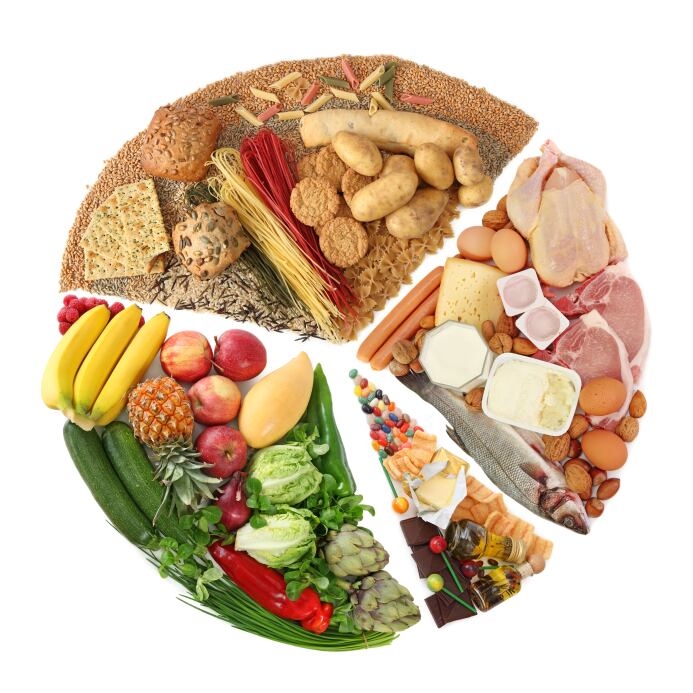Nutrient requirements for gut bacteria are mainly carbon and nitrogen, which they get from the food that the host consumes.
The findings revealed microbe species numbers were not only dependent on the host's protein and carbohydrate intake but the macronutrient amounts in the diet.
“Carbohydrates contain no nitrogen but protein does,” explained lead author, associate professor Andrew Holmes, from the Charles Perkins Centre and School of Life and Environmental Sciences. “The bacterial community response to the host animal’s diet is strongly affected by a diet’s protein-carbohydrate ratio."
The findings further identity how diet impacts the microbiota and paves the way in creating more accurate diet models in the future.
For example it could offer a mechanism for the impact of high protein intake on metabolic health that has become a popular diet strategy among weightlifters and people following a healthier lifestyle.
Study details

Here, University of Sydney researchers examined results taken from 858 mice fed certain foods chosen from a variety of 25 diets.
These diets comprised of ten different macronutrient amounts comprising protein (casein and methionine), carbohydrate (wheat starch, dextrinised corn starch, and sucrose) and fat (soya bean oil). Other ingredients include cellulose, a mineral mix and a vitamin mix.
The new model identified high-carbohydrate diets as most likely to promote positive interactions in the microbiome. However, such advantages were relative on the host’s protein intake.
“Until now it has been very difficult to establish clear causality between various types of diet and their effect on the host's microbiome,” said professor Holmes.
“This is because there are many complex factors at play, including food composition, eating pattern and genetic background."
"The fact that this same pattern was seen across almost all groups of gut bacteria indicates that the makeup of the microbial ecosystem is fundamentally shaped by a need to access nitrogen in the intestinal environment."
Model for prebiotic use?
Previous research has identified a number of patterns as to how diet impacts the microbiome, yet a workable model that explains microbial response to a diet make up remains elusive.
The researchers said that the proposed mechanism could well have uses in predicting outcomes in other caloric restricted or high-fibre diets as well as diets that are supplemented with prebiotics.
"The same diet won't work in the same way in each person," added co-author professor Stephen Simpson, academic director of the Charles Perkins Centre.
“The challenges for diet interventions now are to relate the microbiome impact more directly to health outcomes and to begin to explore the interactive contributions of different carbohydrate, protein, or fat profiles with intake patterns.”
Source: Cell Metabolism
Published online ahead of print, doi.org/10.1016/j.cmet.2016.10.021
“Diet-Microbiome Interactions in Health Are Controlled by Intestinal Nitrogen Source Constraints.”
Authors: Stephen Simpson et al.
